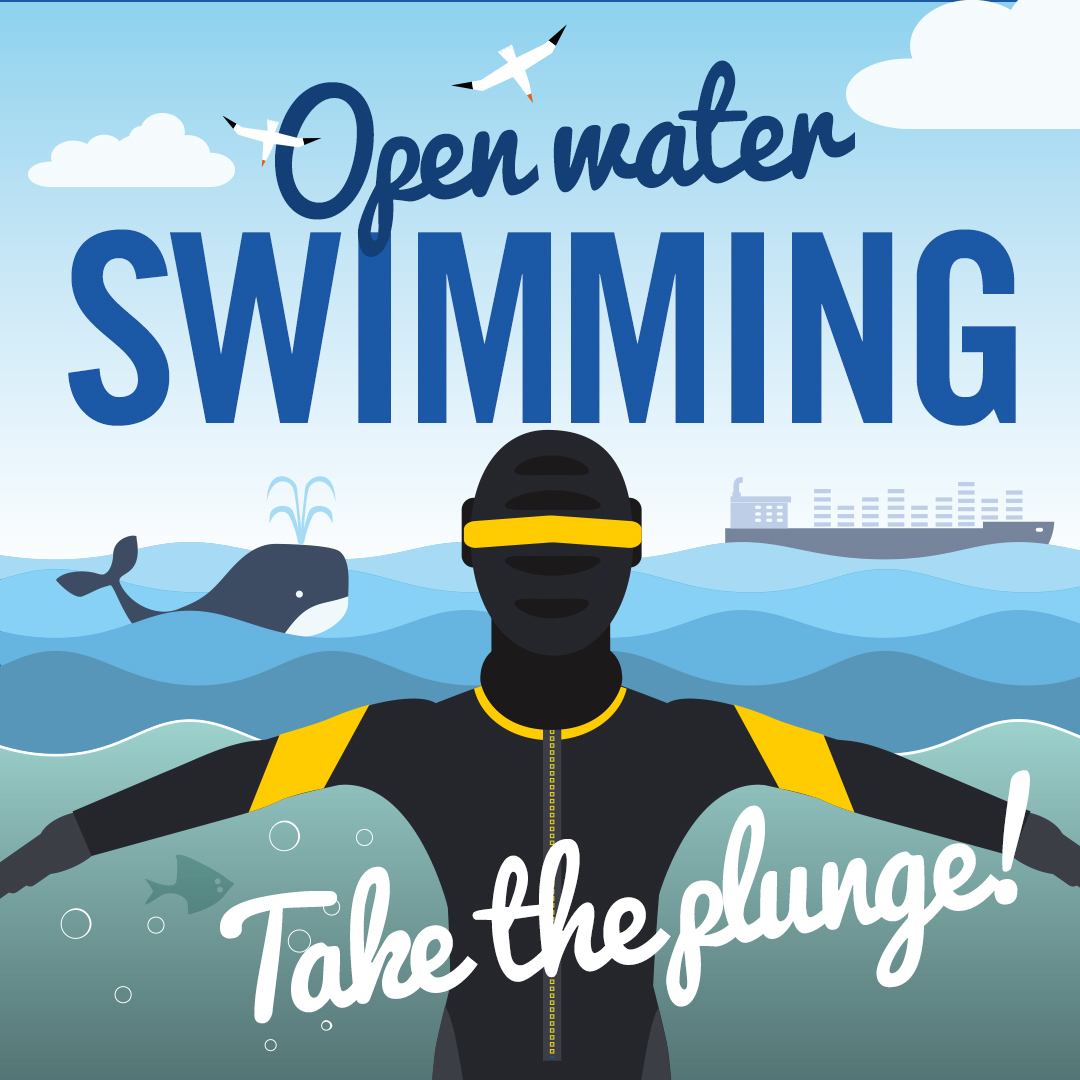There are few pleasures as intense as a cold dip on a hot, hot day. As free as the wind – and as nostalgic as a seaside holiday – open water swimming is having its moment. With dozens of lidos and swimming lakes opening – or reopening – around the country, it has never been easier, or safer, to take a plunge. With summer holidays upon us, perhaps it’s time to dip a toe in your local swimming hole?
What is open water swimming?
Also known as wild or outdoor swimming, and according to some dating back to the poet Byron’s legendary swim from Europe to Asia across the Hellespont straight in Turkey, open water swimming is quite simply swimming in any body of outdoor water – be it a river, lake, pond or the sea. With the added benefits of fresh air and daylight, aficionados up and down the country sing its life-enhancing powers.
What are the health benefits?
Most of us already know that swimming is one of the best exercises on the planet. Delivering a full-body, low-impact, high-cardio workout, not to mention a fabulous de-stress, swimming offers huge rewards whatever your age or fitness level. It’s also one of the lowest tech exercises going – goggles and a pair of swimmers and you’re away. But to these established benefits, open water is said to add some health goodies of its own.
First up there’s the cold-water effect. Most open water in the UK is well below body temperature – plunging away to sub-zero in the winter months. And when cold water hits warm flesh, it’s party time. According to the boffins, immersion in cold water can:
- Boost your immune system
- Improve your circulation
- Perk up your libido
- Brighten your mood
- Melt away stress
Keep it safe
If you don’t know what you’re doing, open water can be risky. Natural water can be unpredictable, changing rapidly with the weather or the tides. But with a little bit of thought – and some preparation – you can keep safe. The most important thing is to know your limits – and stay well inside them.
Here are a few top tips from those in the know:
- Swim with others
- Unless you’ve got a boat escort, stay close to the shore
- Look out for boats, jet skis and other watercraft
- Don’t get too cold – wetsuits are great for warmth and buoyancy
- Wear a bright swimming hat and consider using a swimming float
- Study the water before you get in – is it fast or slow, clean or dirty?
- Don’t jump or dive in – unless you know the area properly
Is it legal?
The short answer is: (probably) yes. Access to natural water in England is governed by a mix of legal rights and customary use. But the last thing you want is to ruin your swim being shouted at by a grumpy landowner or fishermen – so be tactful and considerate. Lists of places where you can swim legally and safely in the UK are available online.
What if I can’t swim – or I’m scared of deep water?
What about those of us who didn’t learn to swim at school – or have scared ourselves in the water – and give even the local leisure centre pool a wide birth?
The good news is that when it comes to swimming, it’s never too late to learn. There are adult swimming classes available widely. You can start in safe, shallow – and warm water – and build your confidence.
Thalassophobia – fear of being in large bodies of water – is a common phobia recognised as far back as the ancient Greeks. The good news is that, with a bit of pluck – and some graduated exposure – preferably with expert help, you can conquer your fears – and a whole new universe can open to you.
If you’re in or around Southampton, check out ActiveNation’s Swim England accredited adult swimming courses. A great way to boost your confidence.


















